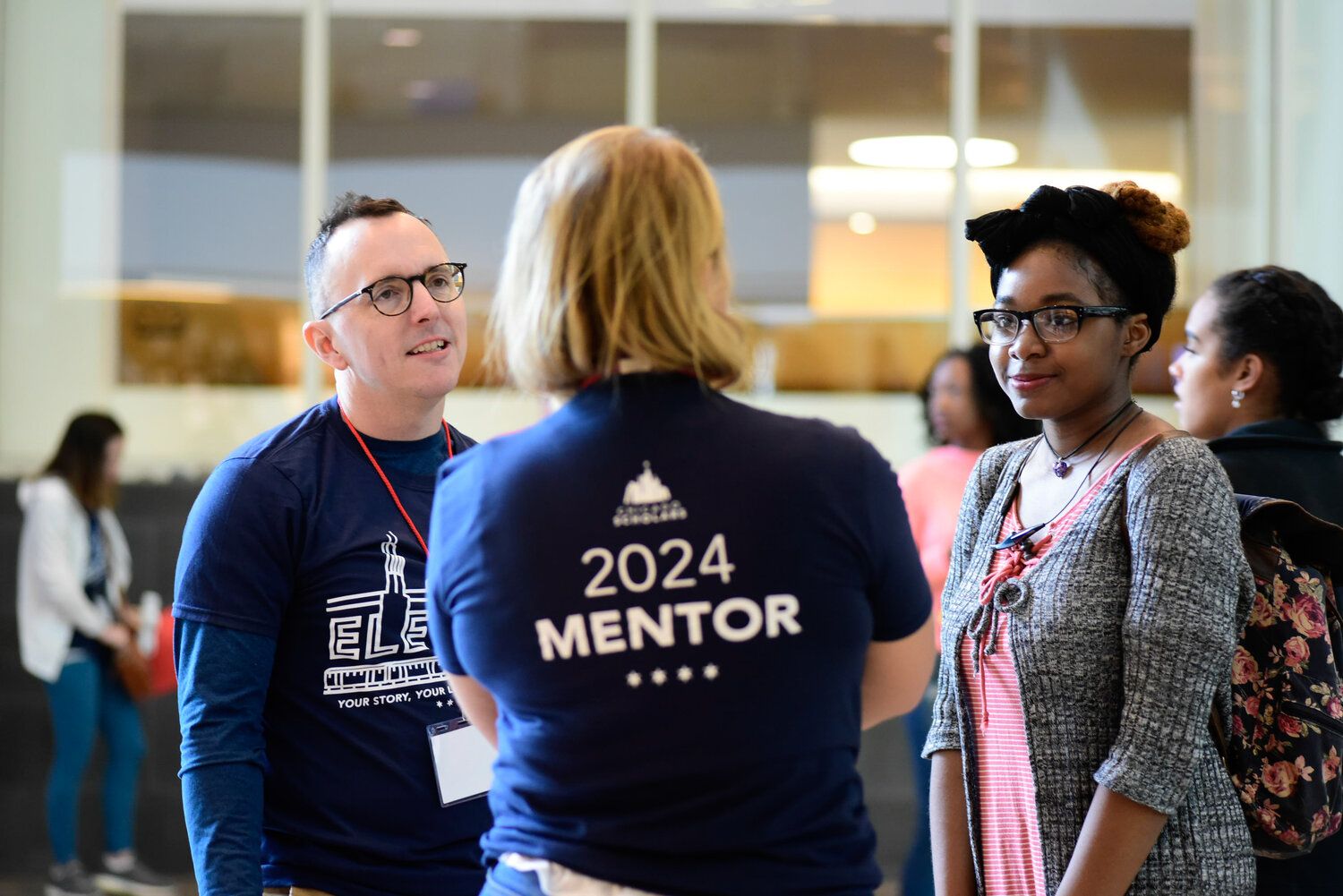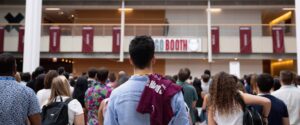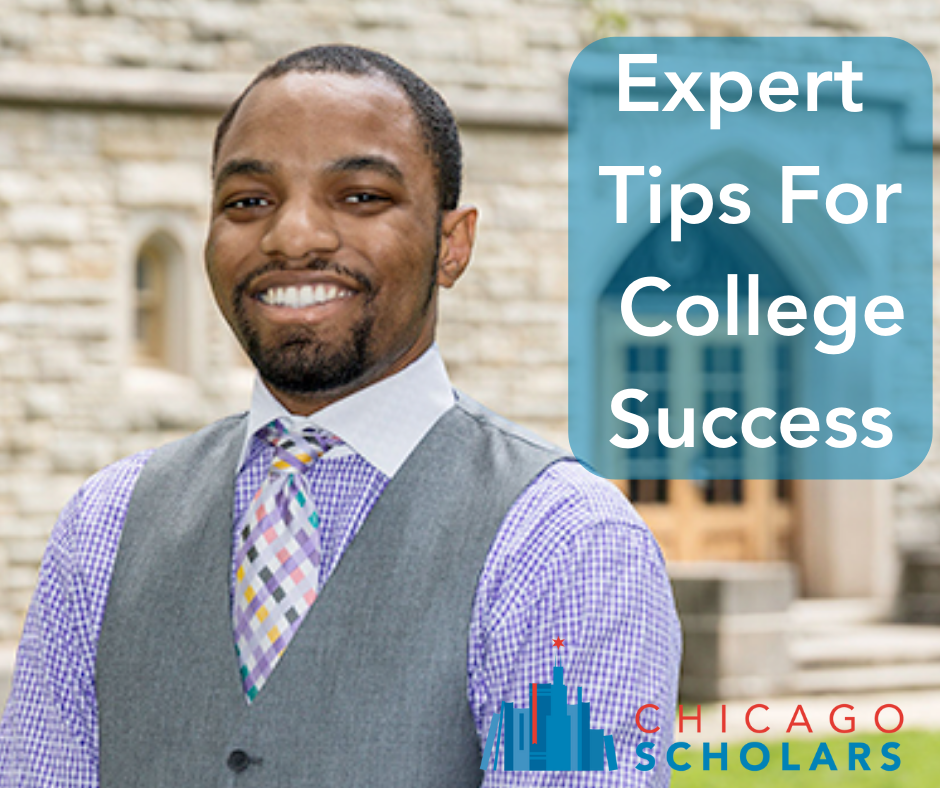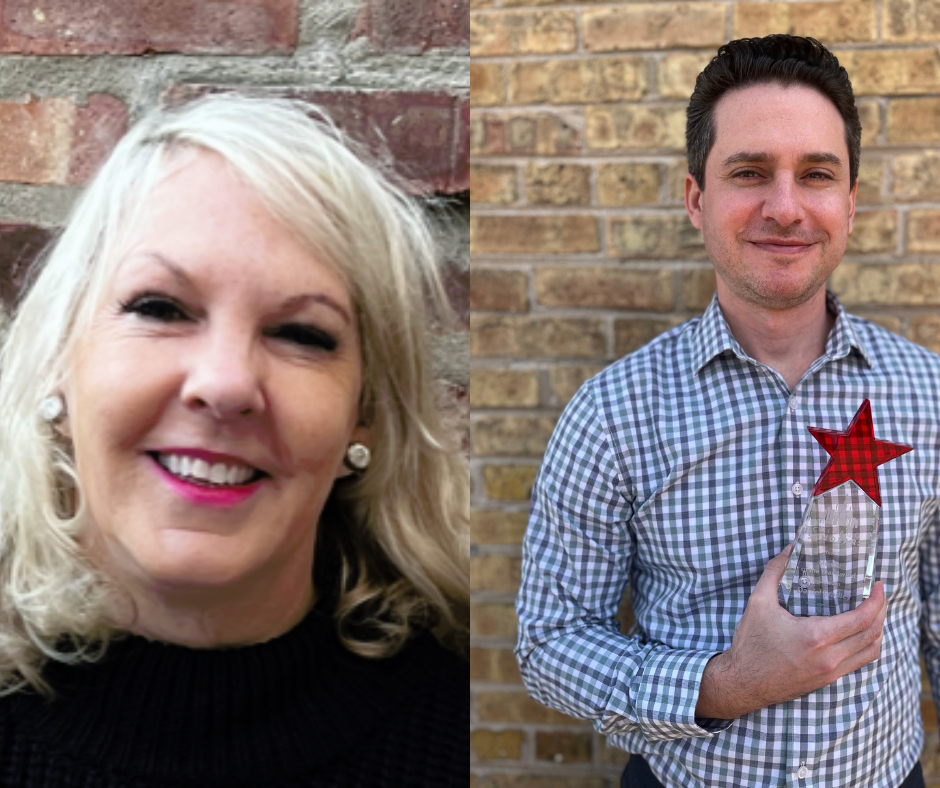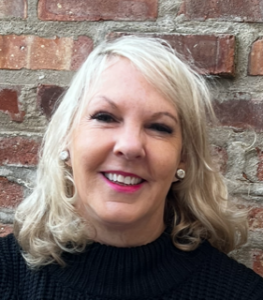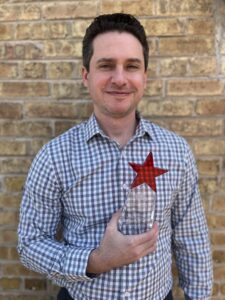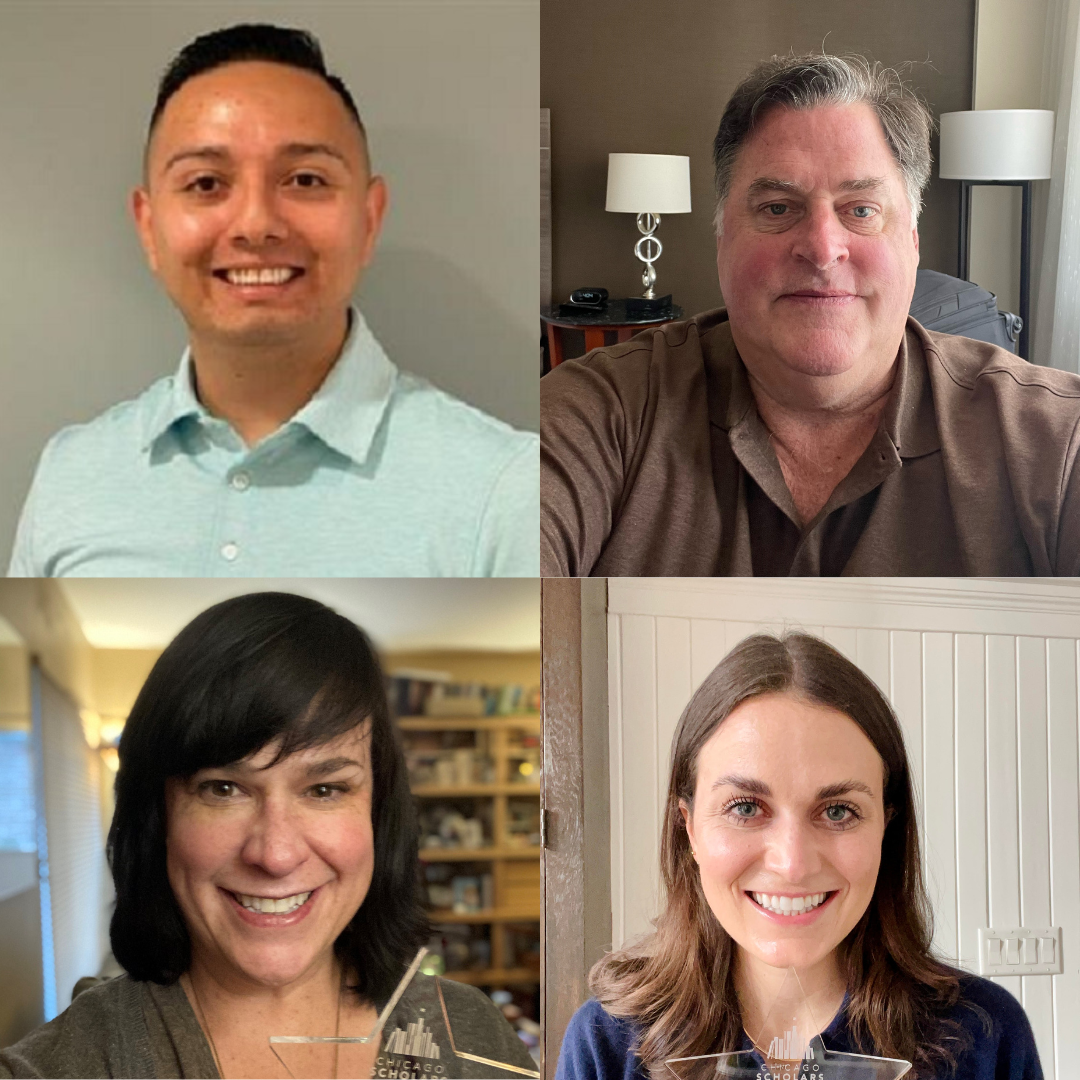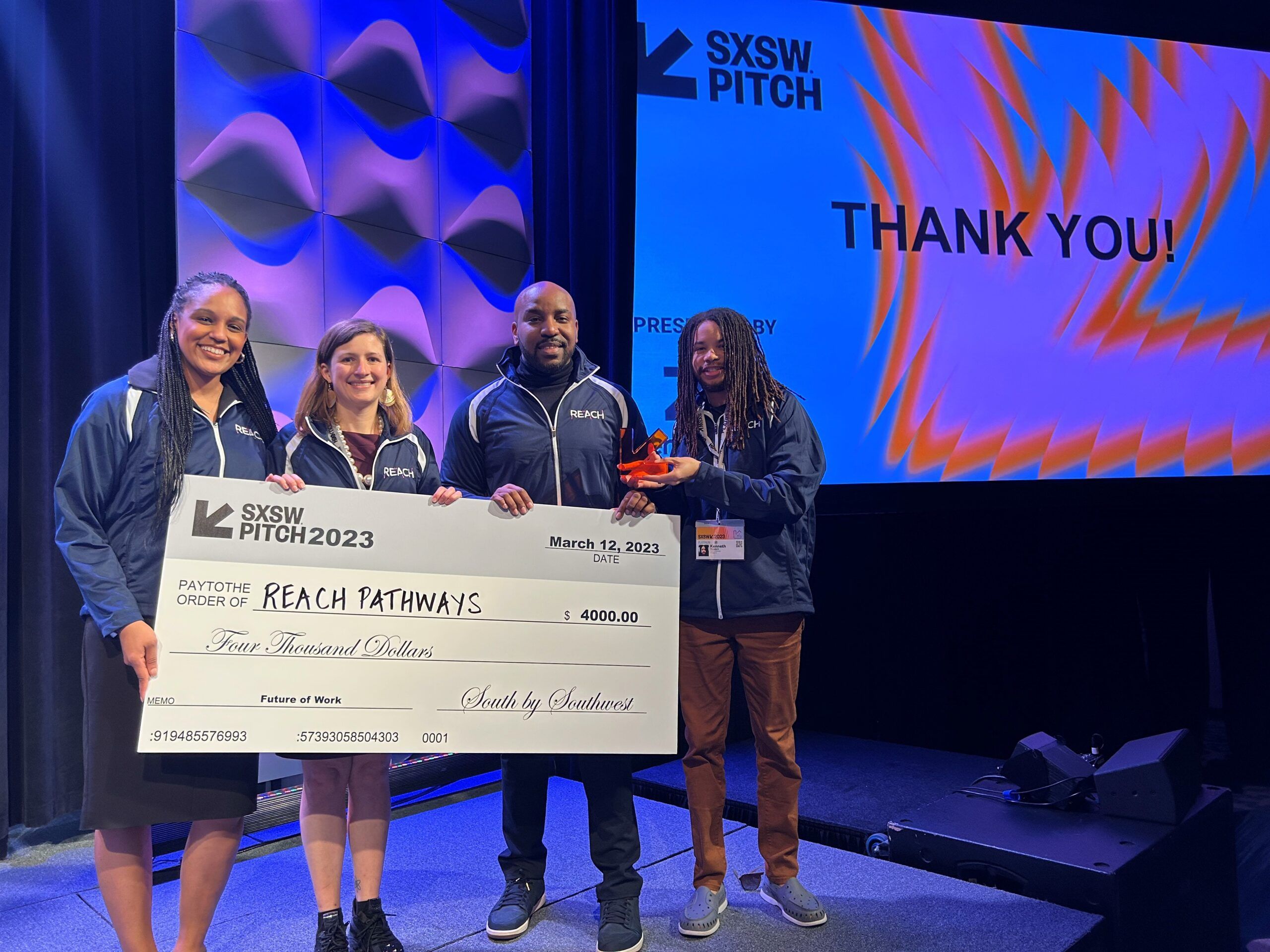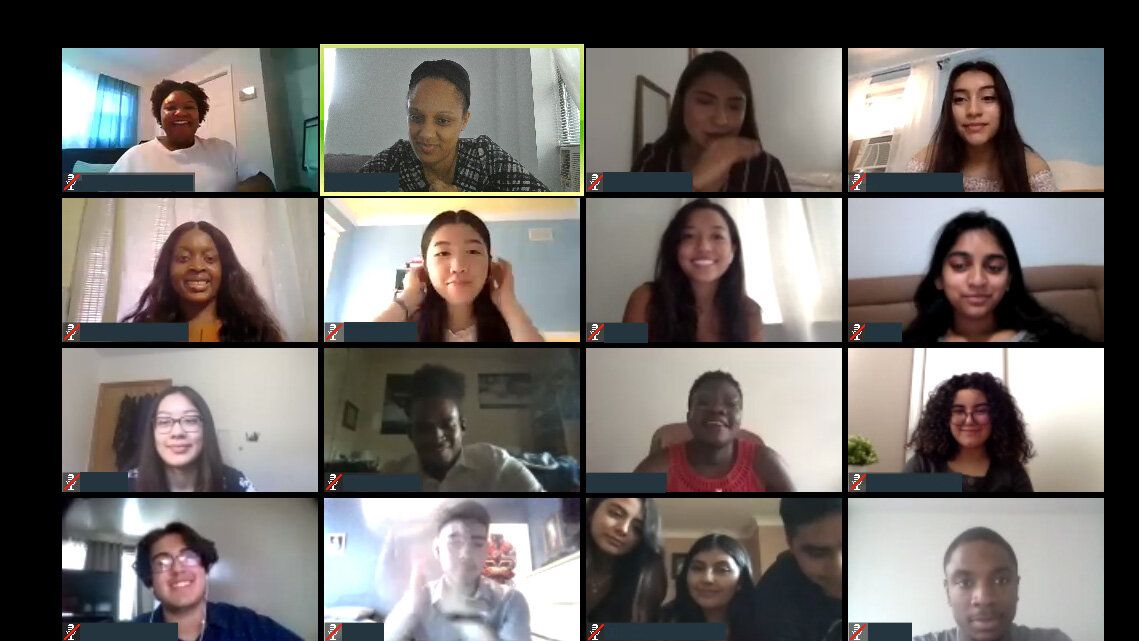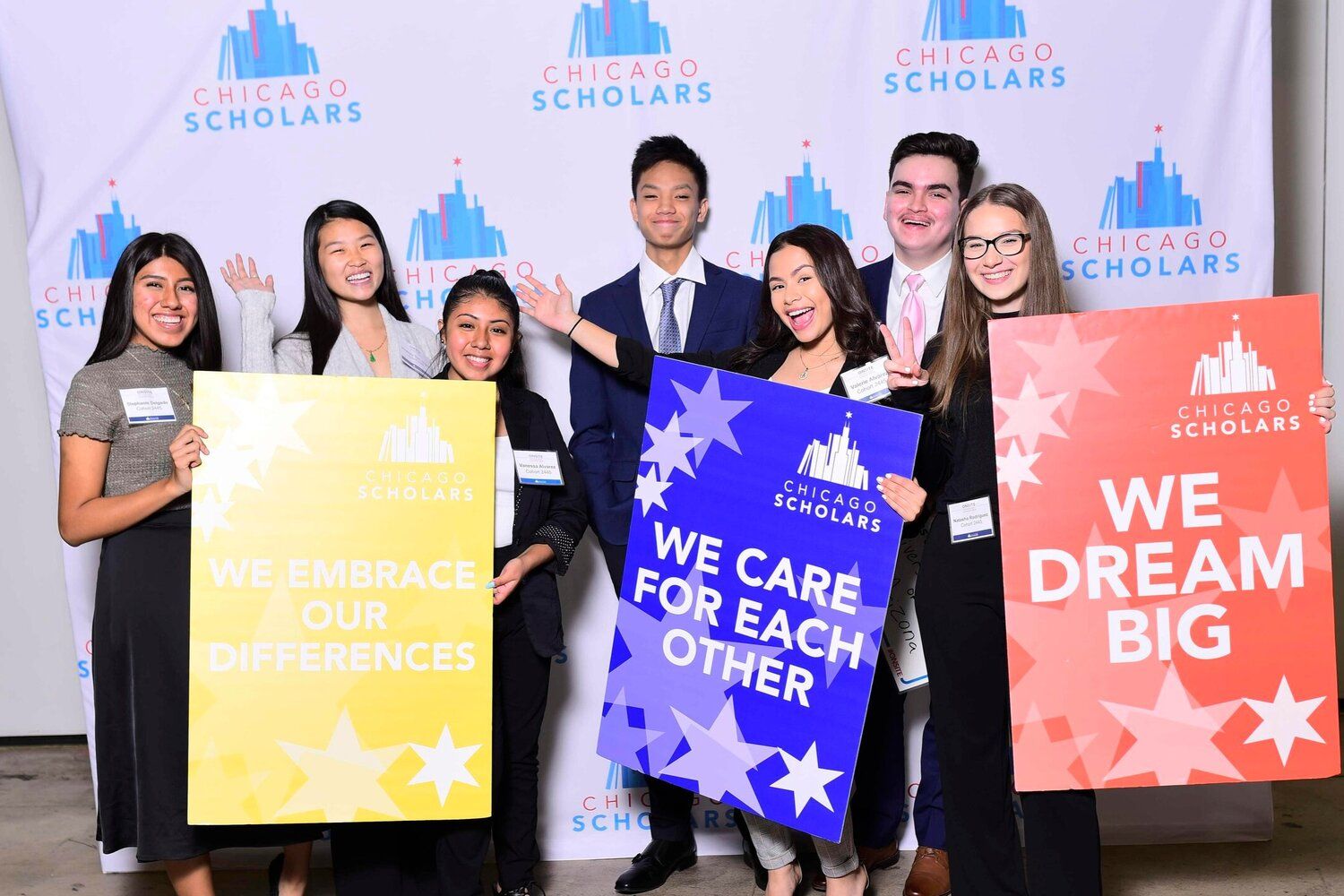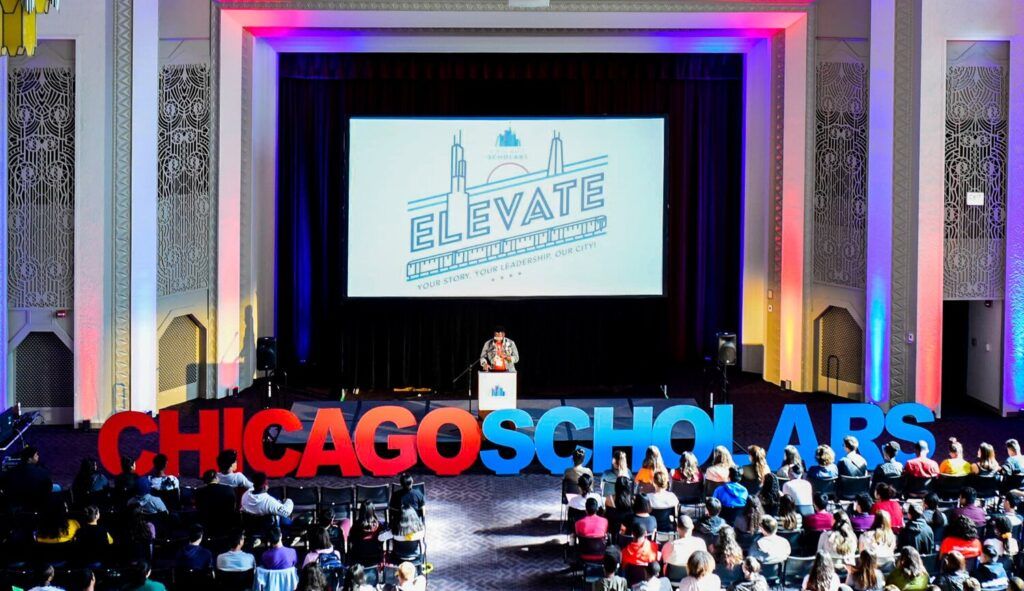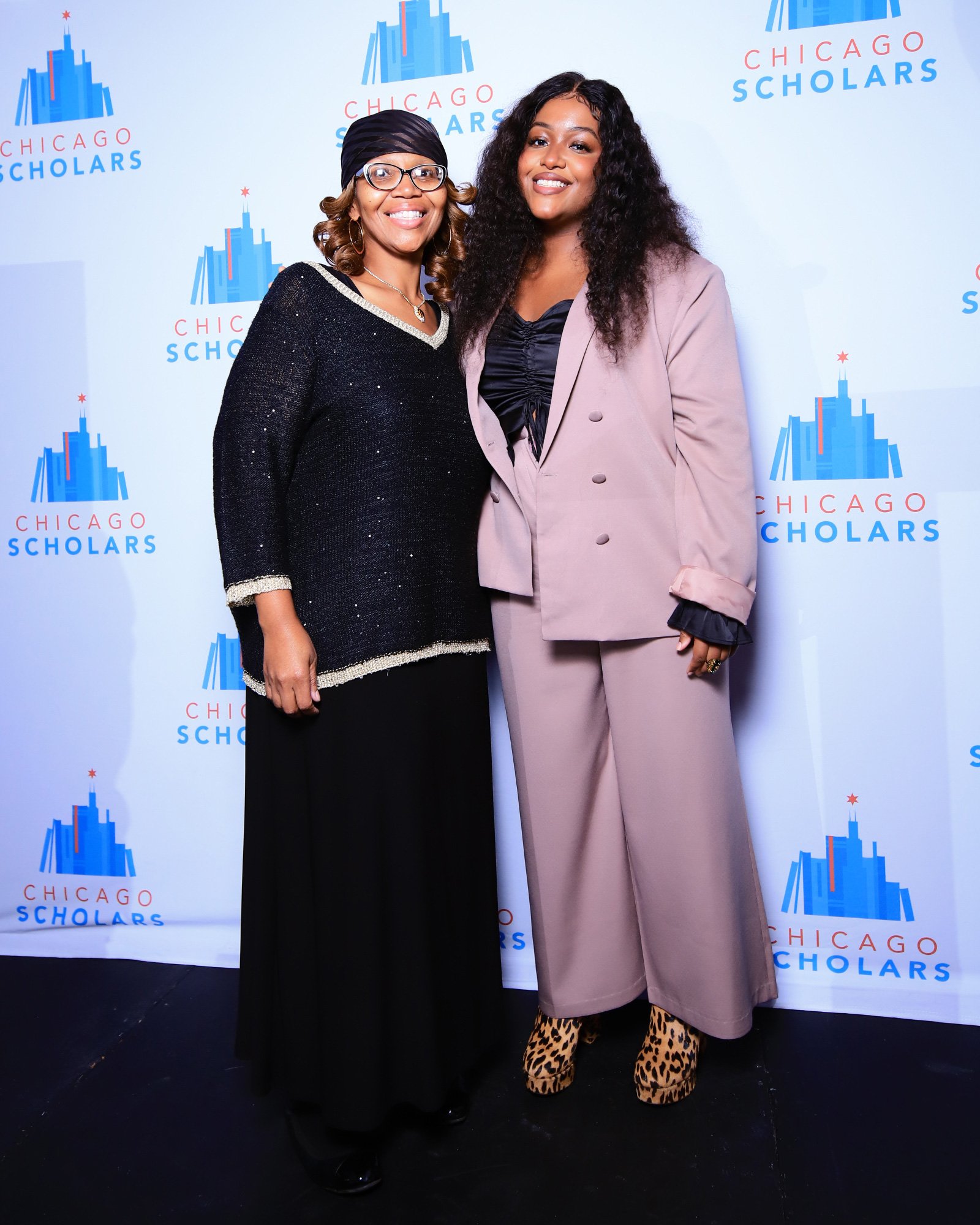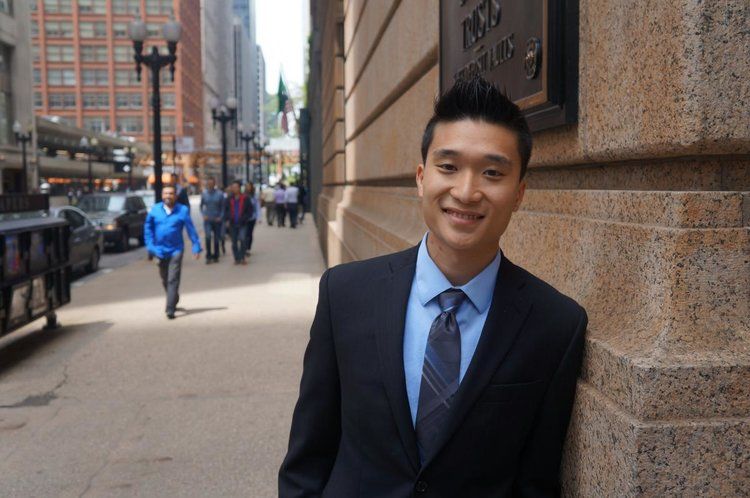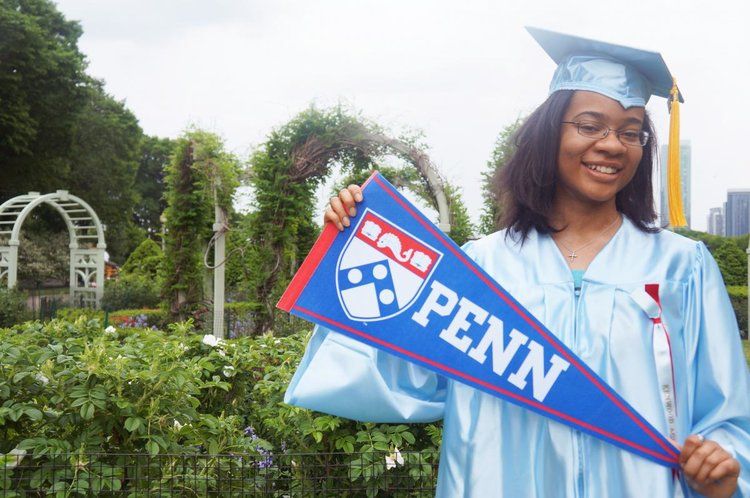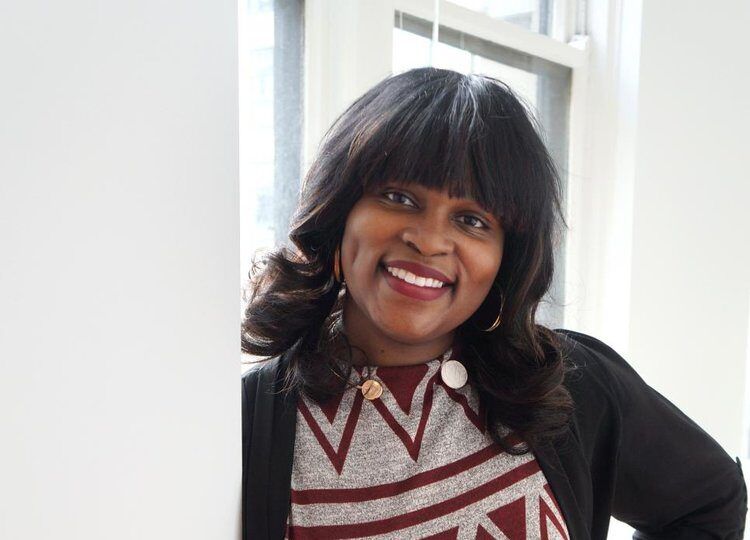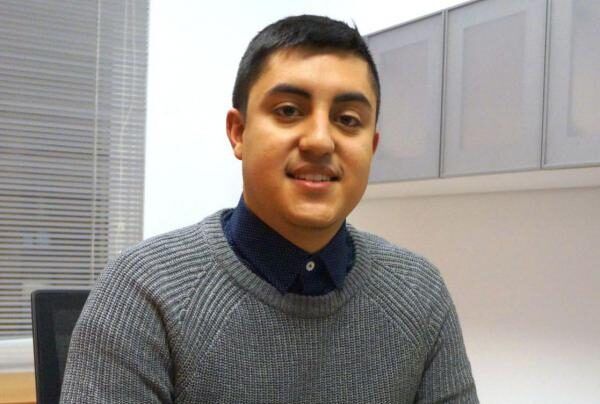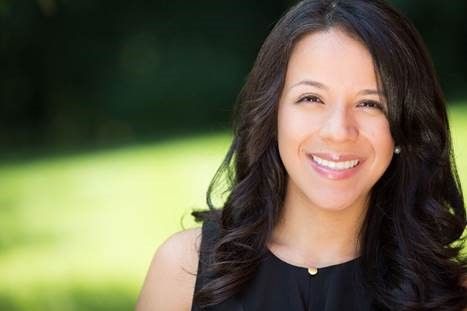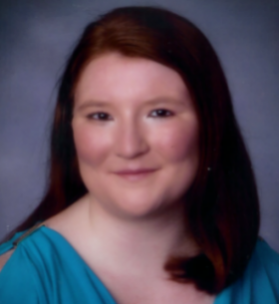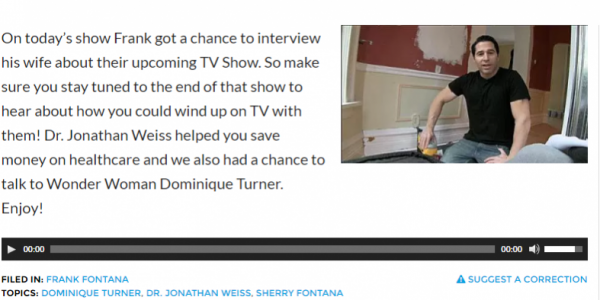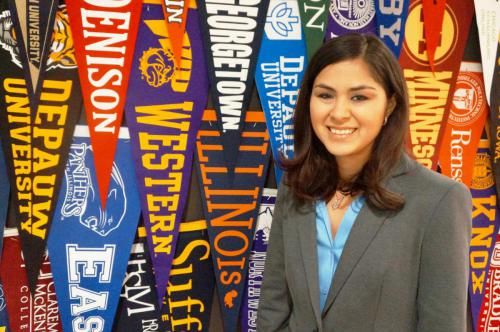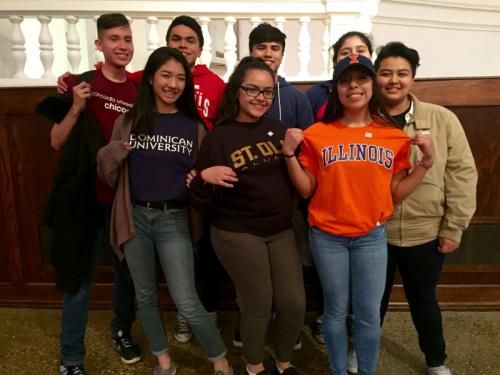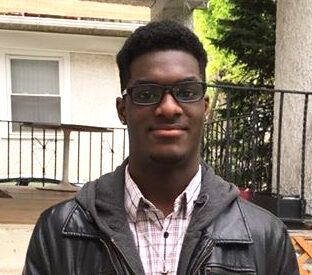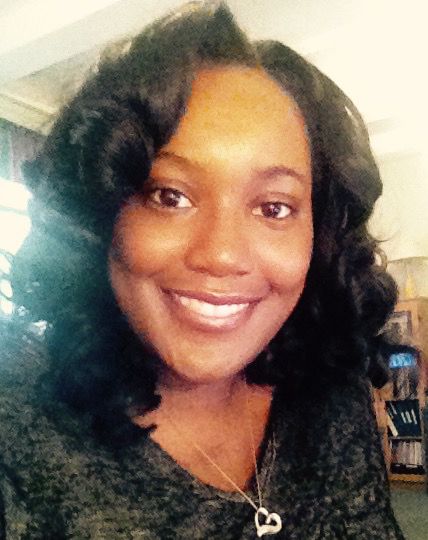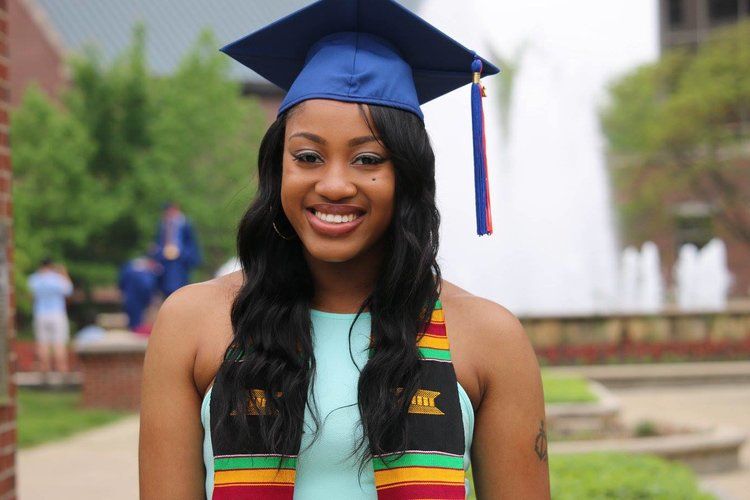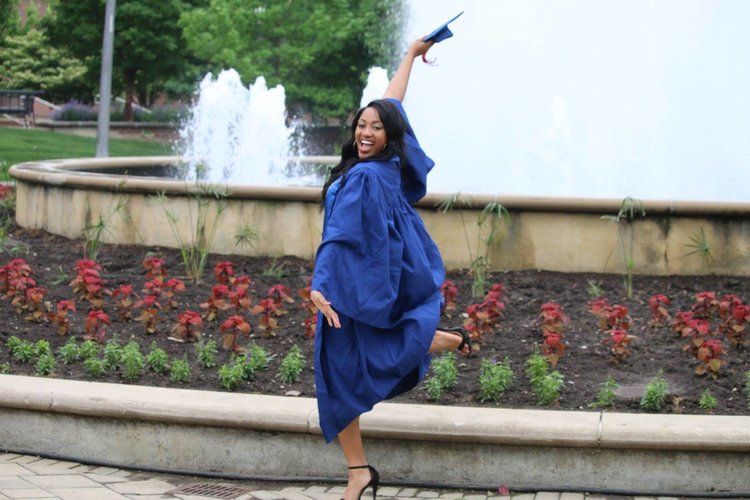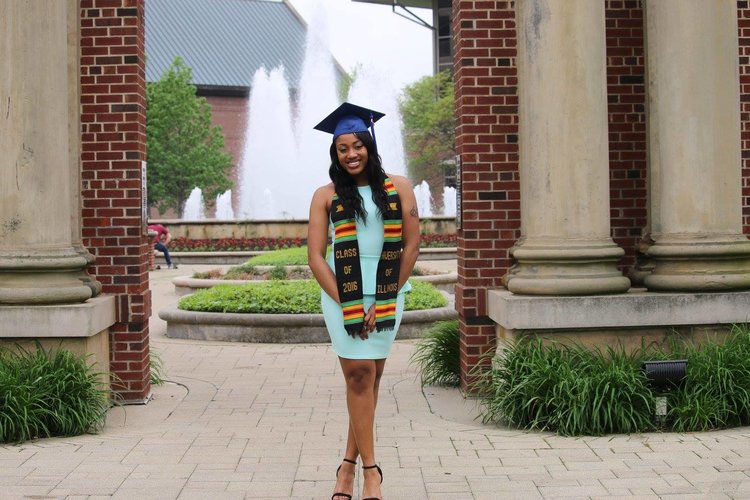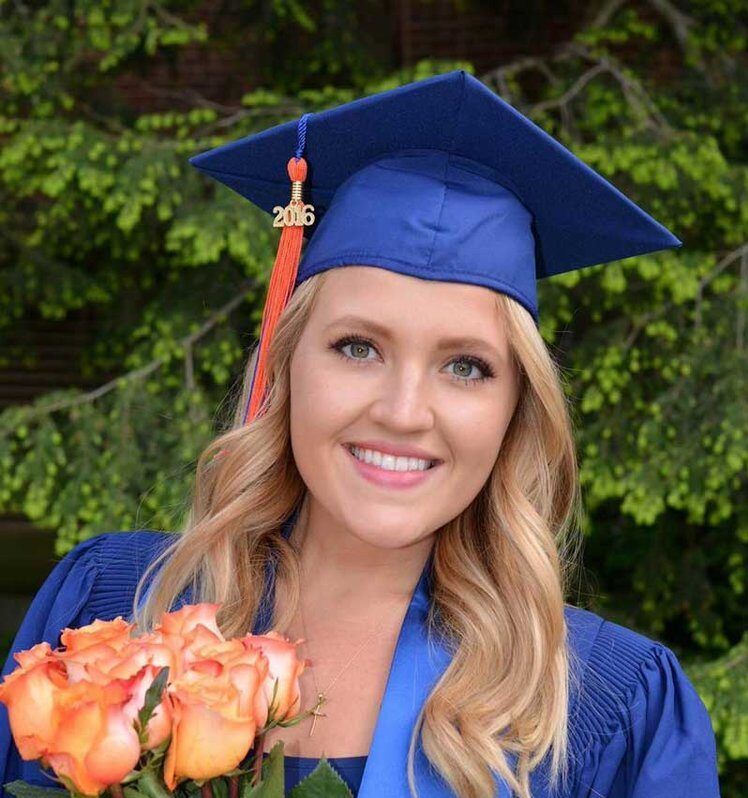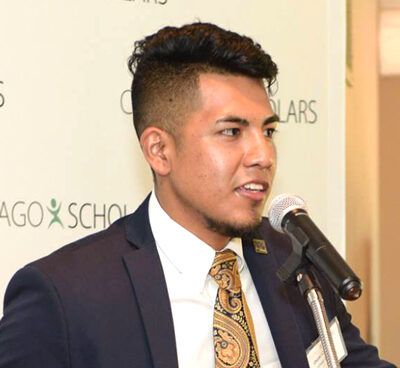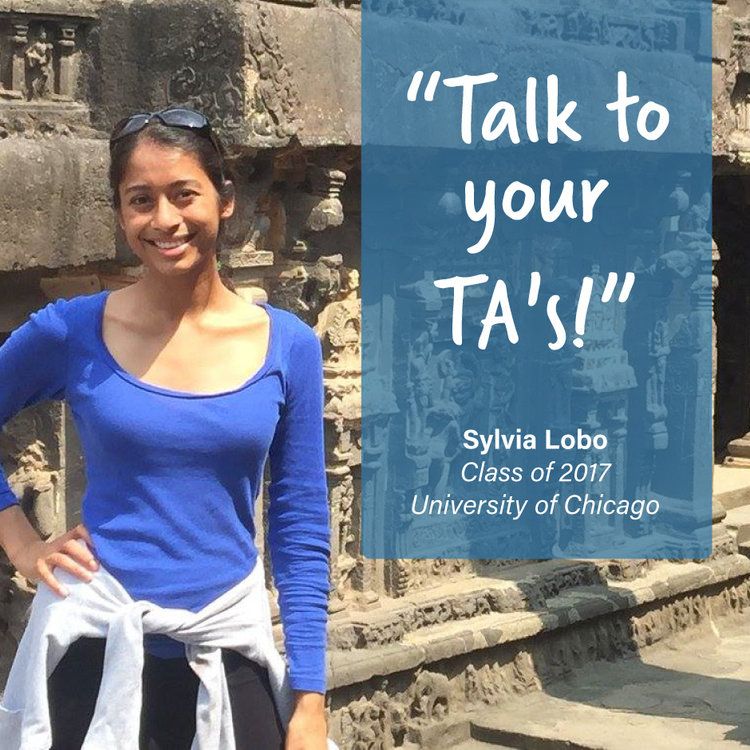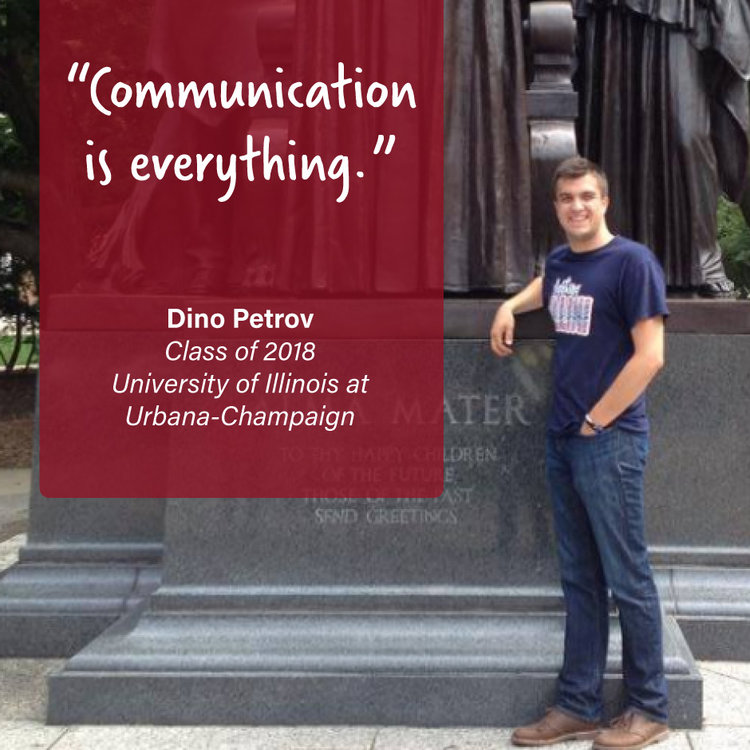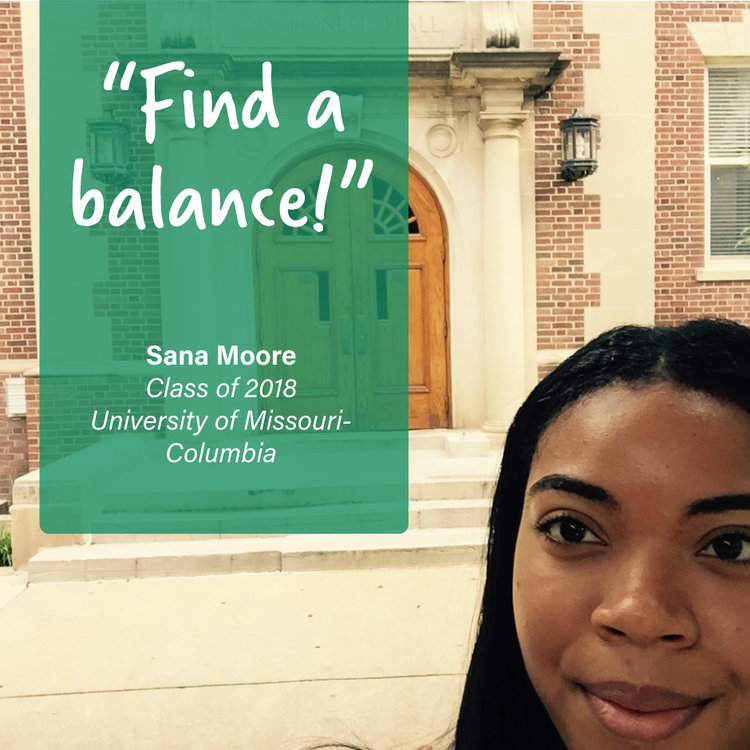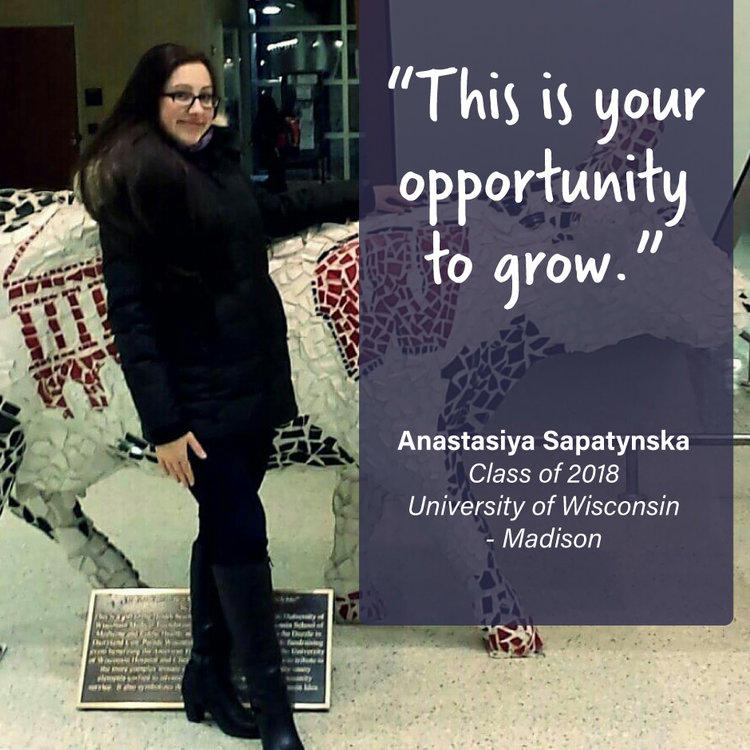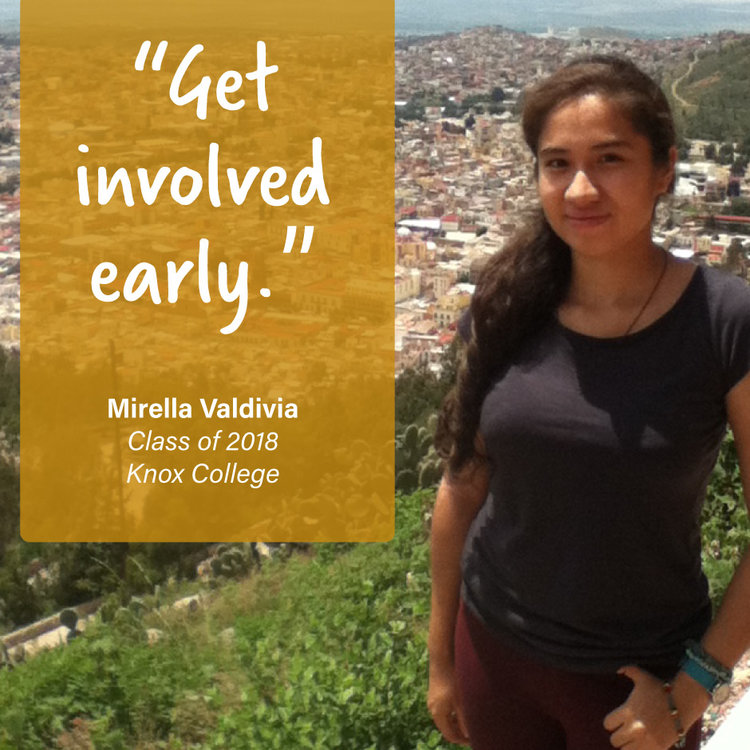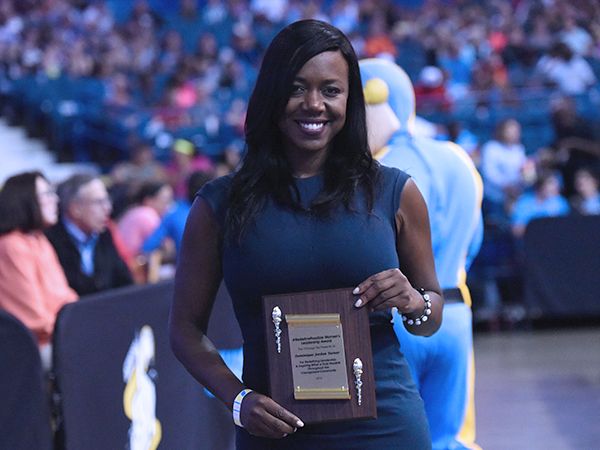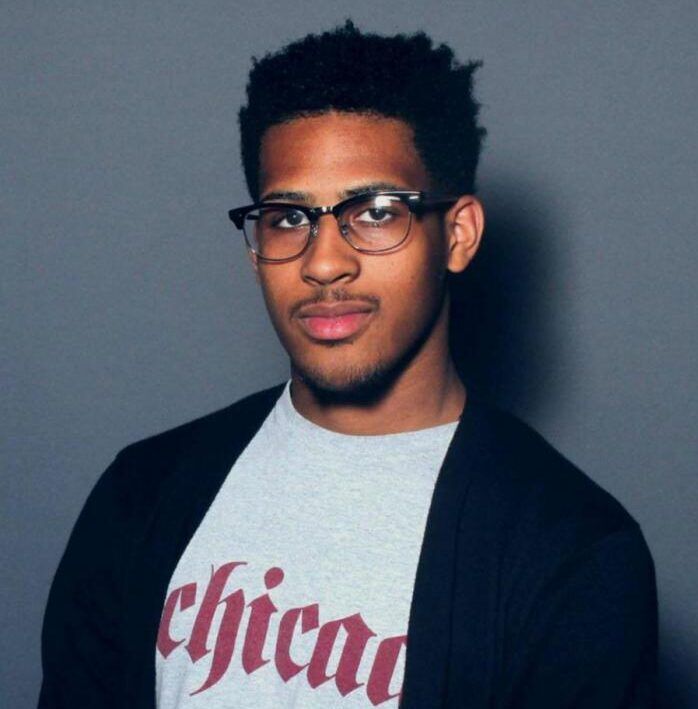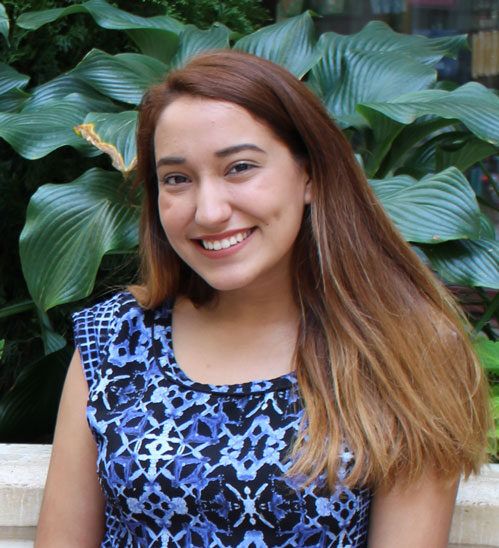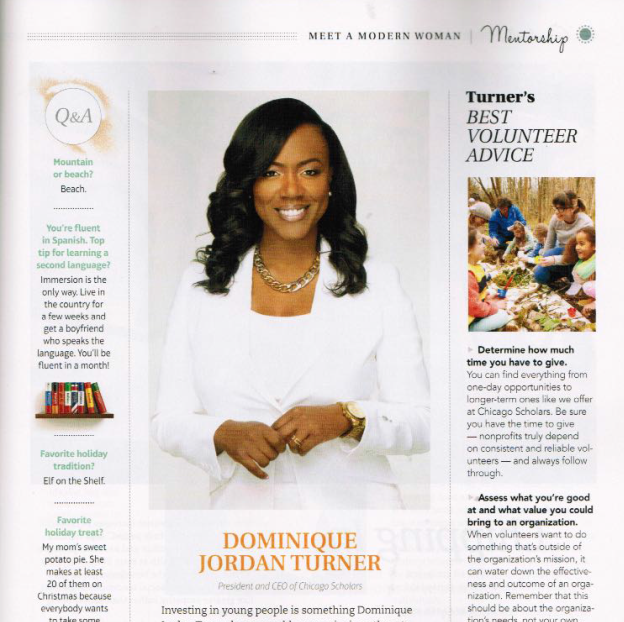Every year, the CS Ways Awards honor Chicago Scholars mentors who embody one of our core values: We Dream Big, We Show Up, We Care for Each Other, We Embrace our Differences, We Model the Way, and We Keep our Word. This year, we’re excited to honor Molly Tompkins for her embodiment of We Model the Way, Tim Courtney for his embrace of We Show Up, Armando Becerril Sierra for showing how We Care for Each Other and Michelle Repp for living out We Keep Our Word. Please enjoy the following Q&A with these outstanding mentors. If you’re inspired to learn more about mentoring the next class of Scholars, click here.
We Model The Way: Molly Tompkins
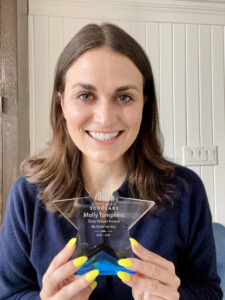
What does it mean to you to receive this award?
It means the world to me to be honored by an organization that has played such an integral role in my life since I joined as a CS Mentor. I respect the Chicago Scholars organization so much and am amazed by the impact it has on our community. Working with my incredible scholars has been life changing for me – they are the ones who deserve the true honor!
What has been the best part of being a CS Mentor?
The best part of being a CS Mentor is the lifelong relationships I’ve formed. I’ve had the honor of becoming close with my mentors and several of my scholars, attending graduations, birthday celebrations, and even moving one of my scholars into college in New York City. Seeing their grit, humility, tenacity and brilliance gives me so much hope and pride in our next generation of leaders. These scholars are truly going to change the world for the better.
Why should others get involved with Chicago Scholars’ work?
Getting involved in Chicago Scholars provides you with a perspective that can change your day-to-day outlook. Their diverse backgrounds and stories are the fabric of our city. As a Mentor to scholars in the important life moments of applying to college, graduating high school, starting college, and their freshman year, you see incredible growth. You get to work one-on-one with students towards a more equitable city and world, and you gain more than you give. You get to see firsthand how simply resources and support can be life changing.
What is something you learned from our Scholars or from being a CS Mentor?
My scholars are incredibly resilient and positive. They’ve taught me countless lessons, but the biggest would be never give up on your dreams (but stay practical – if your dream changes, that’s okay!).
We Care for Each Other: Armando Becerril Sierra
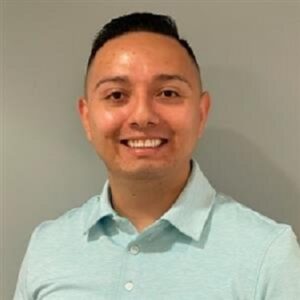
What does it mean to you to receive this award?
Being a recipient of this award means that I, along with my fellow mentors, are having a positive impact on young people’s lives through this platform that Chicago Scholars has provided us. That in and of itself is rewarding enough.
What has been the best part of being a CS Mentor?
Having the opportunity to meet and learn about these talented young people has been the most rewarding part of being a CS Mentor. Listening to everyone’s aspirations assures me that the future of the city will be in good hands.
Why should others get involved with Chicago Scholars’ work?
If you’re looking to have a direct, positive impact on the future of the city of Chicago, you should consider getting involved. Plus, I’d be willing to say that most of us, at some point in our life, have had a mentor that has positively impacted the trajectory of our life. So, why not pay it forward by becoming a CS Mentor?
What is something you learned from our Scholars or from being a CS Mentor?
Something that was further bolstered for me from this experience is that inclusion should be at the core of everything that we do in our lives. This was reflected by the scholars in my cohort at always made their fellow scholars feel welcome and embraced their differences.
Tim Courtney, We Show Up
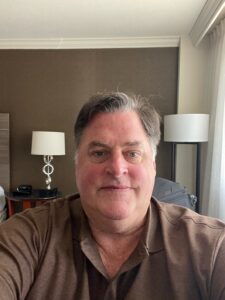
What does it mean to you to receive this award?
Just getting to work with the scholars, to help instill confidence, and help activate their ambitions and dreams is reward in itself; but to be recognized among both my peers and this wonderful, dedicated staff at Chicago Scholars is icing on the cake!
When your seniors are comfortable calling you at 11:30 PM to help double check that midnight-due essay or scholarship application, you know that you have earned their trust, and they know that you are there for them. When they share things about themselves they haven’t told her parents, you realize you’ve earned their trust. This award is just a wonderful reminder how important it is to show up (and keep showing up) for these young scholars. It is a humbling experience to be recognized for the work that we all do in our own ways, and I am grateful.
What has been the best part of being a CS Mentor?
So many great parts, but I would say, just getting to know each of the scholars as individuals is a highlight.
My favorite moments are not just when they get accepted and start getting scholarship offers; it is sharing that hesitation and reluctance to hit that SUBMIT button on their very first college application, and then the excitement that occurs after they realize that they just applied to college!
Why should others get involved in Chicago Scholars’ Work?
This is such a pivotal moment in scholars’ lives; to assist in taking the leap to higher education impacts not only the scholars’ future, but it sets generations of families on a more secure path. It is hard to think of a more important and rewarding work than that.
What have you learned from our scholars or from being a mentor?
Just be present and available—reach out, again and again. Scholars are very intuitive. They can discern between sincere interest and just putting in the time. I have also learned it is more important that you get to know THEM than having them get to know you.
Michelle Repp, We Keep Our Word
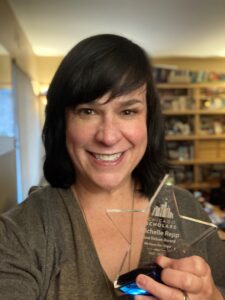
What does it mean to you to receive this award?
CS Staff said it all when I received this award: We see you. It was validating that whether I feel that I’ve contributed enough or not, my participation alone is valuable and appreciated.
What has been the best part of being a CS Mentor?
The Scholars! Every single Scholar is bright, impressive, and mature, and they offer hope for the future of a complicated society.
Why should others get involved in Chicago Scholars’ Work?
As a mentor I am actually put to work, and for a truly good cause. That’s what you hope for when you are looking for a volunteer opportunity.
As a volunteer mentor, you will find that expectations are clear.
You are held to Chicago Scholars’ core principles. This is not the type of organization where you can show up if and when you feel like it. To me, this culture communicates Chicago Scholars’ commitment to and belief in its mission, which lends it credibility.
What have you learned from our scholars or from being a mentor?
The Scholars model the way for me. For example, my Scholars taught me about respectful communication in a world that has vastly changed since I graduated from college.
